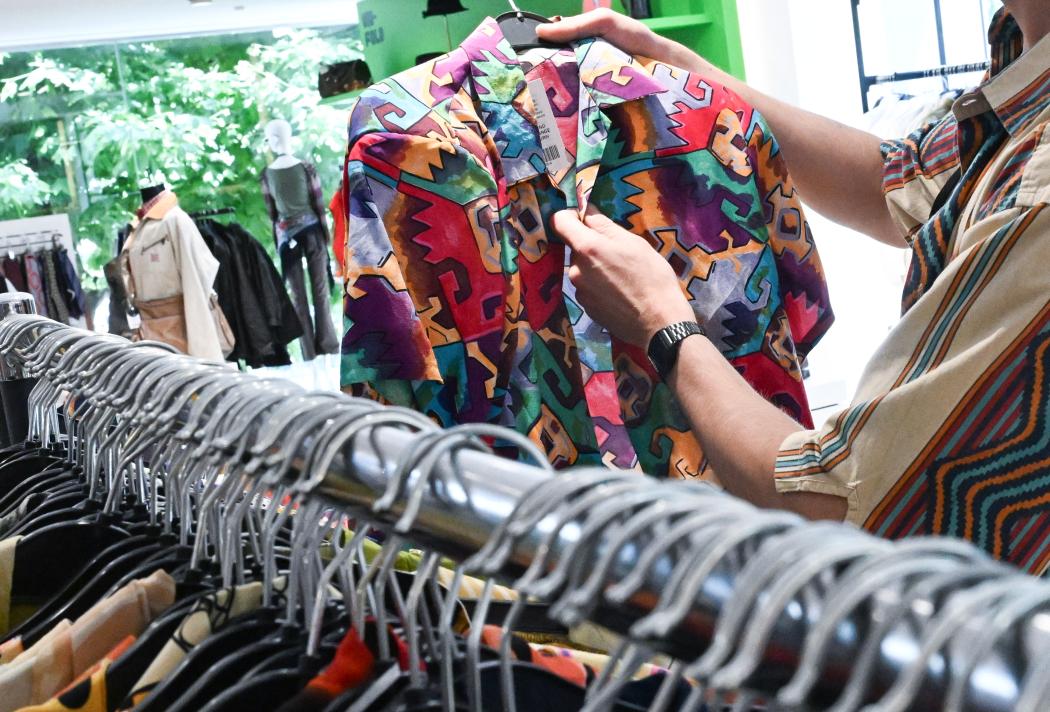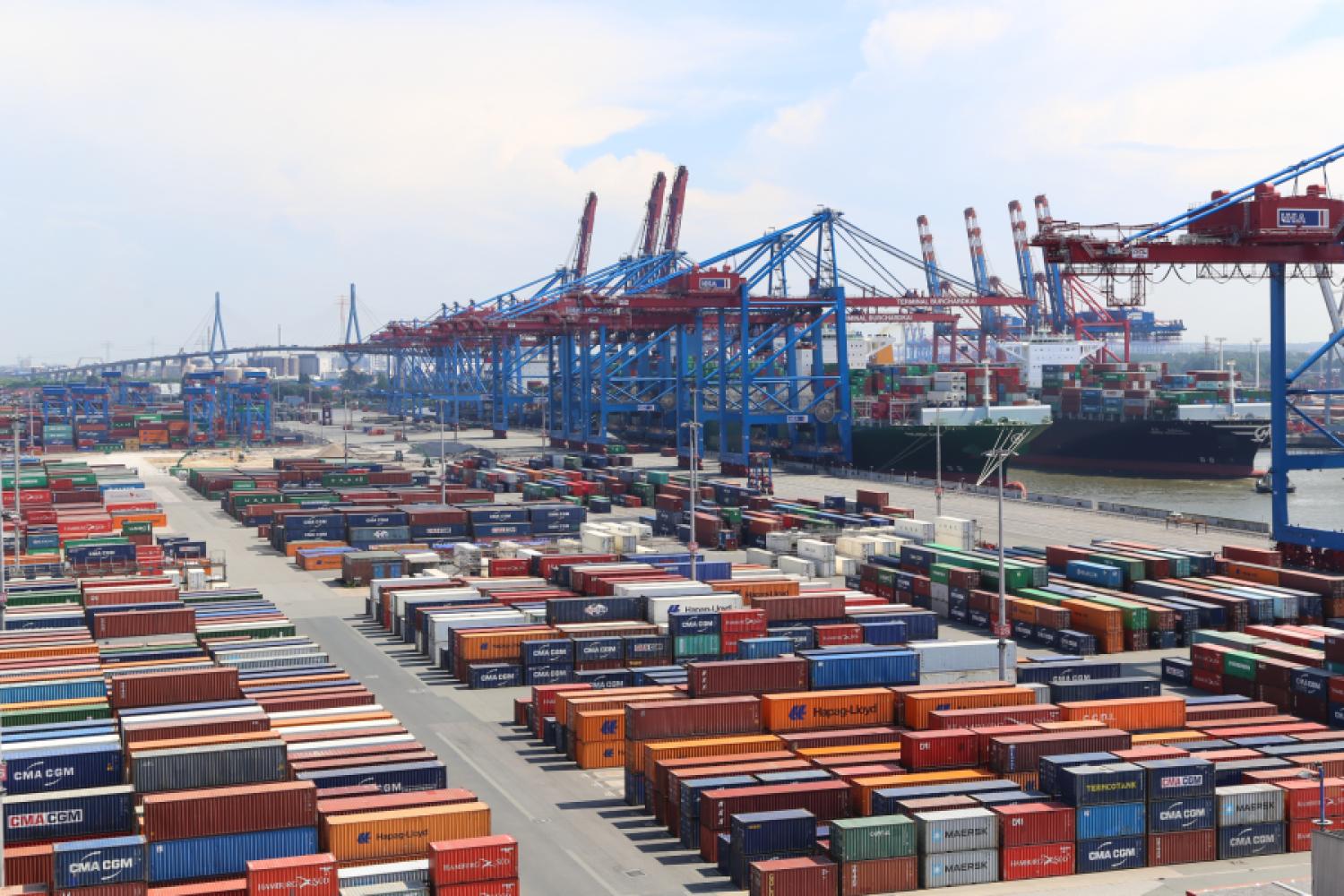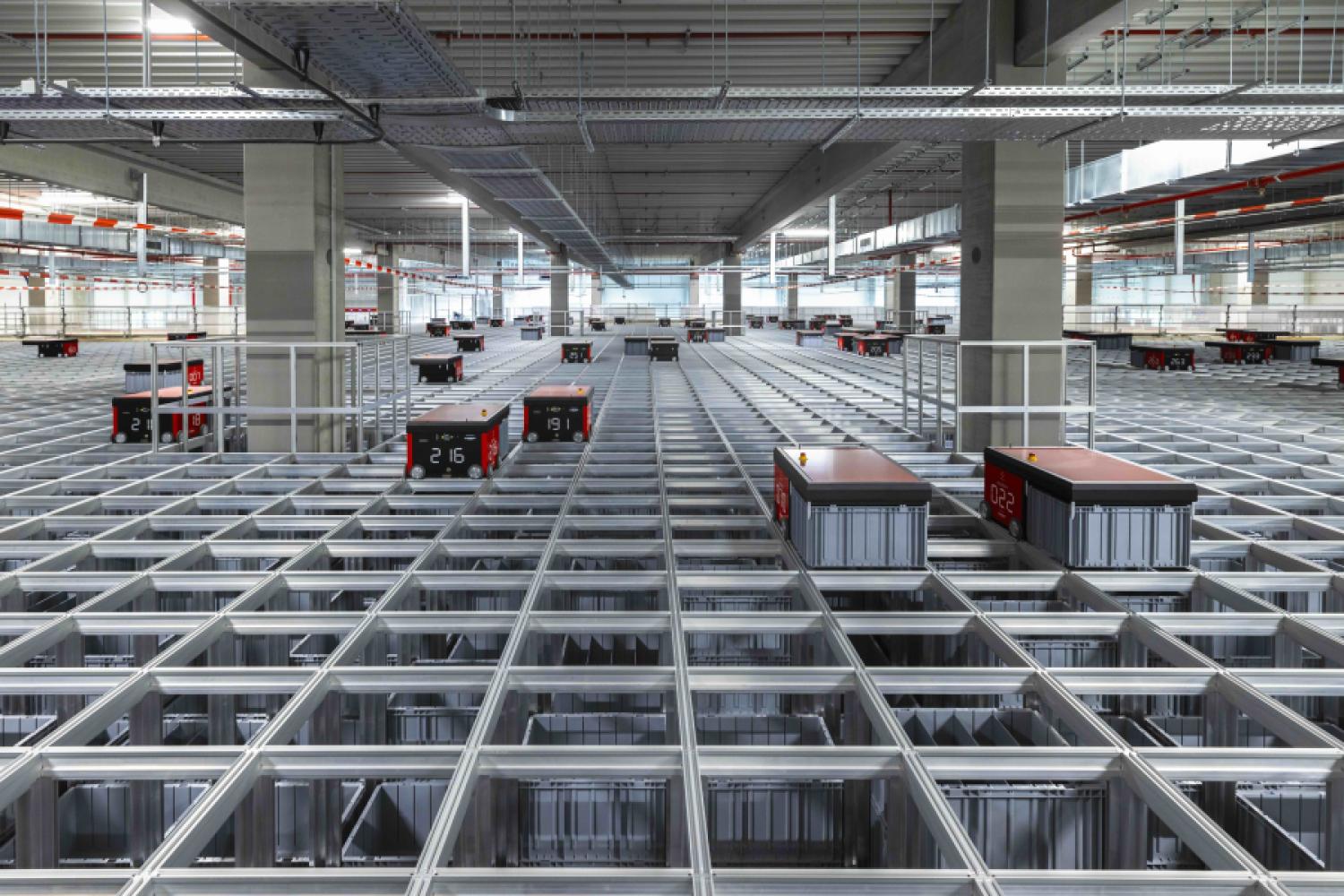In times of fast fashion, BUND Hessen is calling for a rethinking in the consumption of textiles. “Fast fashion, due to the short usage duration of garments, leads to enormous resource consumption, waste, environmental pollution from chemicals, and the emission of climate-damaging emissions,” said Jörg Nitsch, state chairman of BUND Hessen. Fast fashion refers to clothing that is cheaply produced and usually quickly replaced by consumers with new items.
So far, only a
few recycling solutions
Recycling solutions for the growing piles of textiles are still rare, and the damage to the environment is significant, said Nitsch. “We can all counter this trend by consuming more consciously: buying less frequently, purchasing used items, repairing instead of discarding, or specifically choosing natural fashion.”
To bring the topic into society, BUND organizes clothing swap parties, consumer-critical city tours, and repair cafés throughout Hesse. “In our experience, awareness and
interest have increased significantly in recent years,” reports Nitsch.
What Hesse has to offer in terms of awareness and sustainability in the fashion world is currently being showcased by various initiatives as part of the Fashion Revolution Action Week (April 22 to 27). The global campaign aims to set a sign for more transparency and responsibility. There are actions taking place in Darmstadt, Kassel, Frankfurt, and Offenbach, among others.
Textile consumption in the
European Union high
Recently, the EU environmental agency presented a report, stating that people in the European Union consume more clothing, shoes, and other textiles than ever before. According to the report, in the most recent comparison year of 2022, an EU citizen bought an average of about 19 kilograms of textiles, including eight kilograms of clothing, four kilograms of shoes, and seven kilograms of household textiles. In 2019, the total amount was






